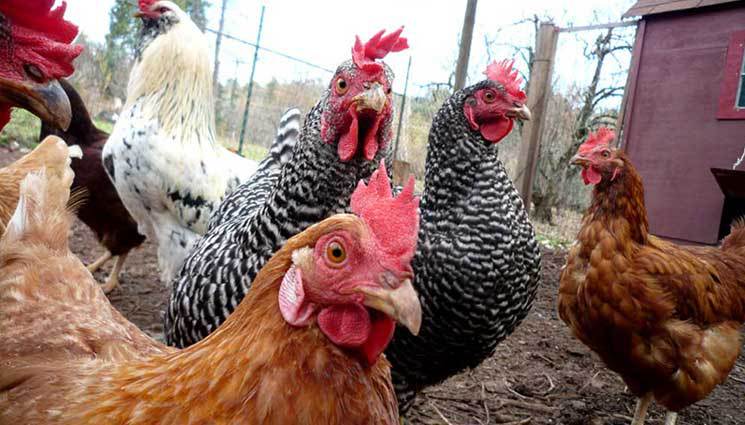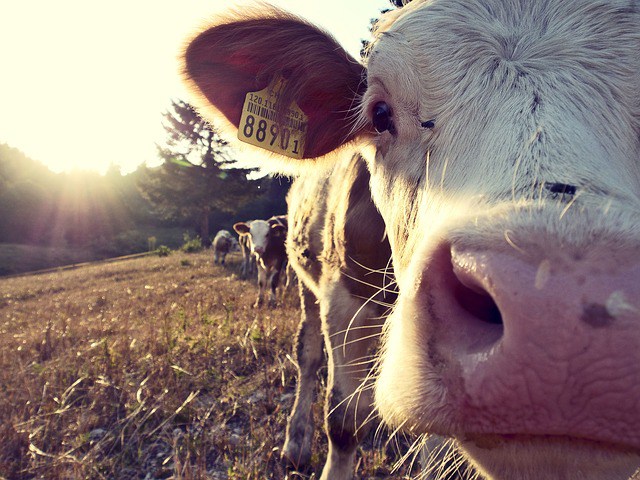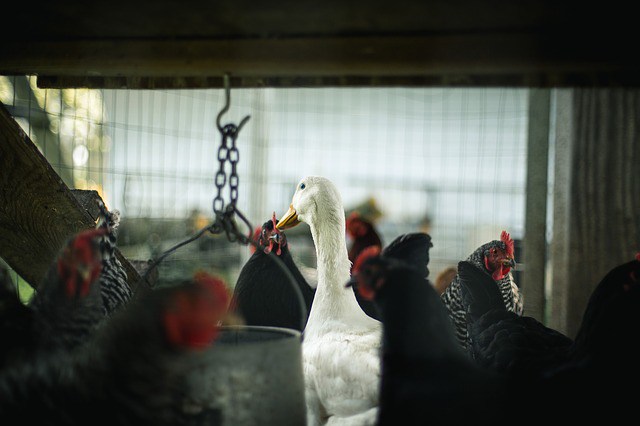
If you start to raise chickens to be more self-sufficient, you want them to be as productive as possible. But what if they aren’t laying as many eggs as you’d hoped?
The most common reasons that chickens aren’t laying eggs is because they are too young, too old, the hours of daylight are too short, it is molting or the feeding is not of sufficient nutritional value. You might not be able to affect those first points, but you can help contribute to a stress-free environment for your chickens while keeping them healthy and well.
Chickens will typically lay one egg or less during a day and that will decrease with age. Their egg-laying years will typically last for 2-3 years.
If you are experiencing a low yield of eggs from your chickens, check out these tips below to see what you can do to help them lay more eggs.
Quality Feed
You don’t have to go crazy with some cutting-edge feed that’s guaranteed to make your chickens produce eggs the size of a garden gnome. It’s recommended that you use a diet of premium laying mash or pellet, along with occasional fresh fruit. vegetables, mealworms and other healthy treats. If you’re going to change your chicken’s feed, do it gradually substituting it in slowly.
Clean Nests Boxes
One of the most important factors in helping chickens lay eggs is a clean nesting box area with comfortable bedding. You can also make a soft surface with recycled-newspaper pellets which also are easy to toss and replace.
Open Areas
The idea behind free-range chickens is that if they are more comfortable, they will produce more healthy eggs. While free-range chickens might not be a possibility for some urban homesteaders, it’s a great idea to have a larger area with enough area for the chickens to graze on a lawn while still being protected from hawks or other predators.
Calcium
Egg-laying takes a lot of calcium from a hen’s body. Be sure to provide them enough calcium in their diet to keep a steady flow of eggs. Besides a high-quality feed, you might consider mixing crushed oyster shells in a cup of feed. Or even placing a cup of oyster shells in the coop for the chickens to eat when they need it.
Inspect Regularly
Try to handle your hens often checking for problems. If they have large cuts, broken bones, etc. it will give you a better idea of how you can help. Are they uncomfortable? Have they been pestered by predators? Handling your hens on a regular basis will help you know how to best help them.
Coop Security
Along with the previous point, make sure your coop is secure from predators. Make sure that animals like raccoons, cats, and other animals can’t burrow or find their way into the coop.
Fresh Water
To stay healthy, chickens need constant access to water. Change the water every day. It might be a chore to do it every day but it will lead to healthier chickens who will lay more eggs.
Parasite Control
Parasites love to prey on chickens. Mites are the most common and can take control of your coop without you even realizing it. Make it a habit to inspect your chickens at night when mites are most active. Mites are a small, reddish-brown insect that scurries around a chicken’s head. If you do have a mite infestation, use a dose of ivermectin (available from a veterinarian) for each chicken.
What Have You Found?
How have you helped your chickens lay more eggs? Comment below to help us know what we can do to make our chickens more productive.
Other self-sufficiency and preparedness solutions recommended for you:
Healthy Soil + Healthy Plants = Healthy You
The vital self-sufficiency lessons our great grand-fathers left us
Knowledge to survive any medical crisis situation
Liberal’s hidden agenda: more than just your guns
Build yourself the only unlimited water source you’ll ever need
4 Important Forgotten Skills used by our Ancestors that can help you in any crisis























